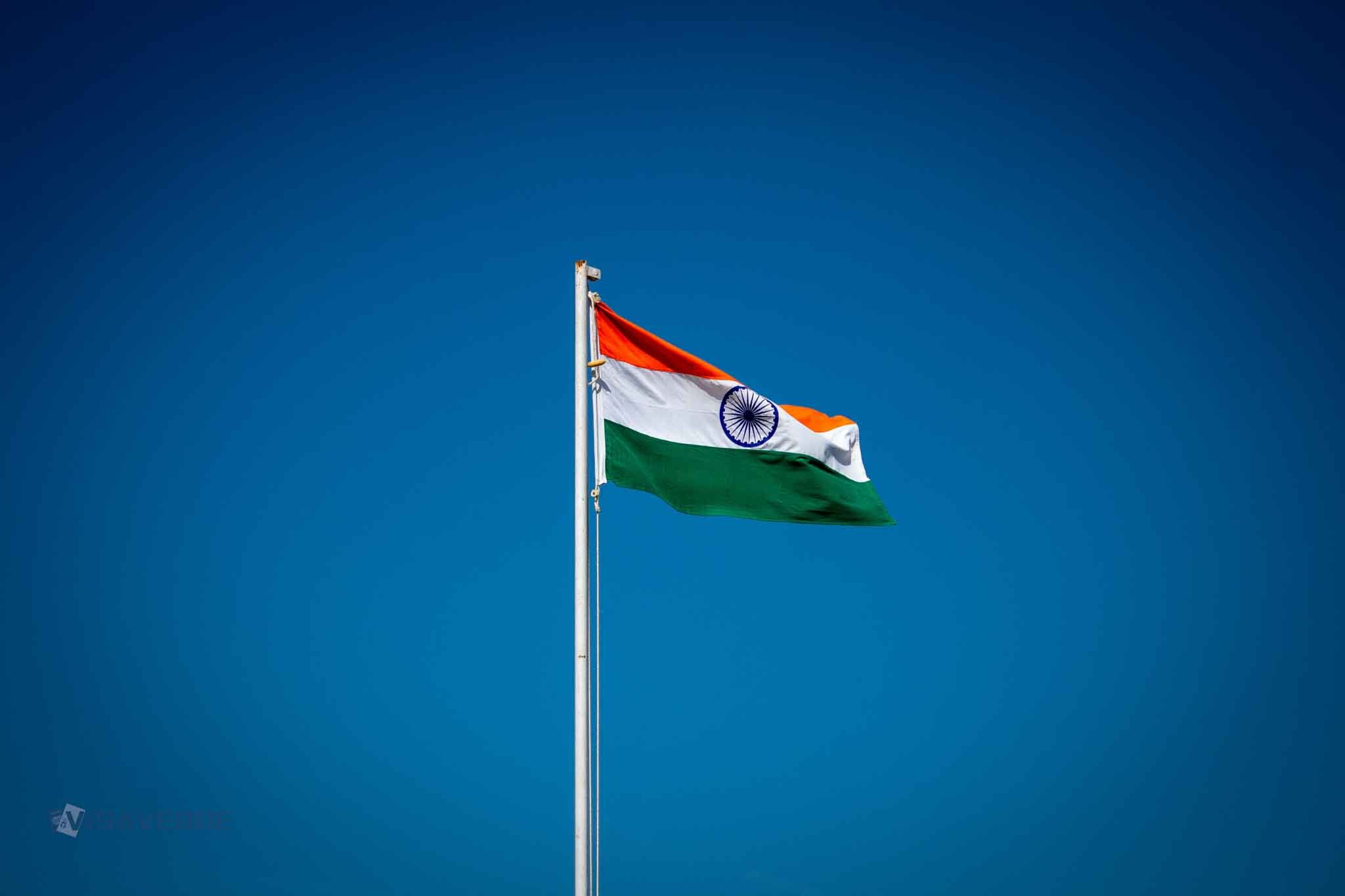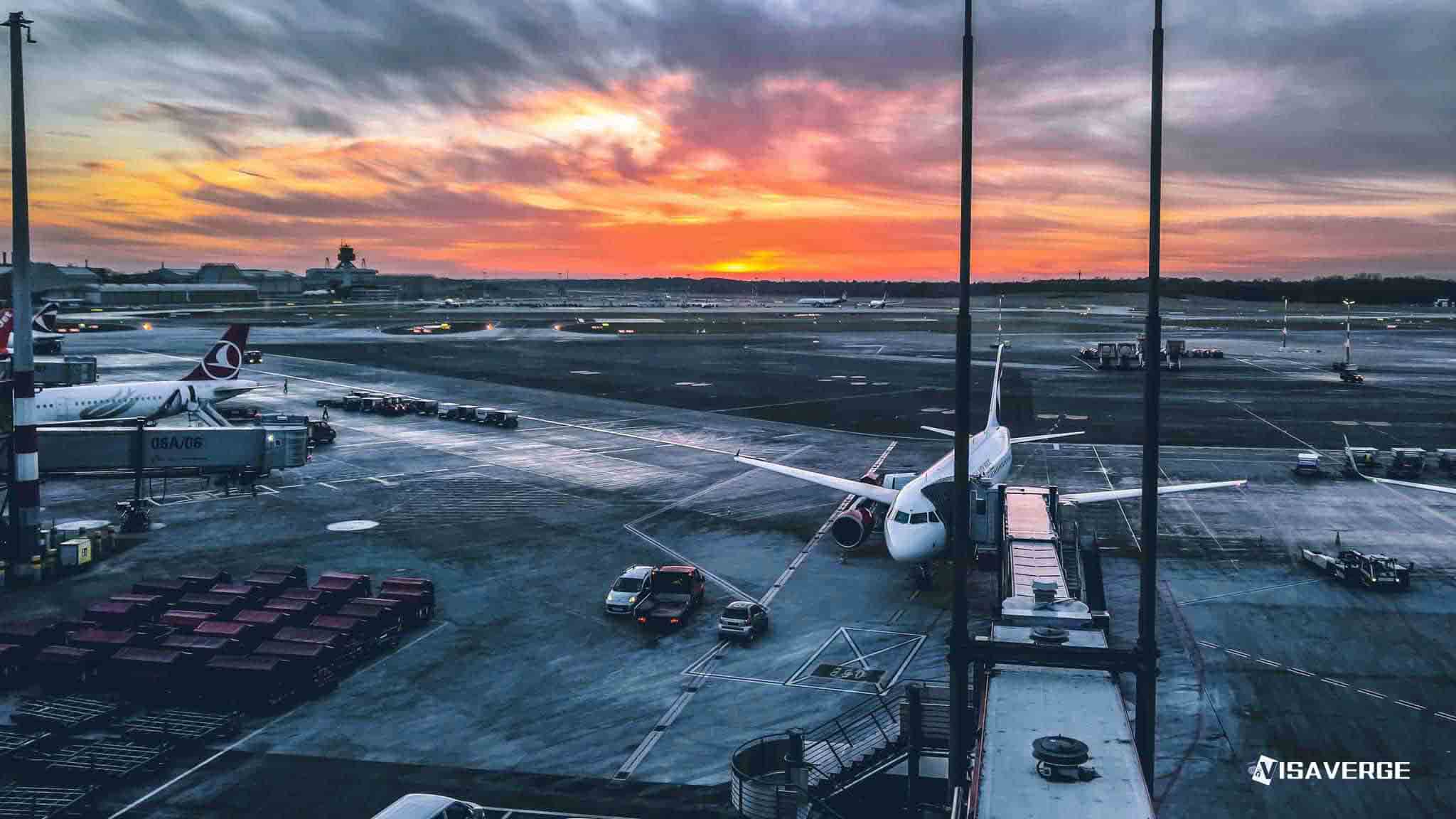Key Takeaways
• President Trump’s 2025 executive order aims to end birthright citizenship for children of non-citizen, non-LPR parents.
• Federal courts blocked the order; birthright citizenship remains in effect pending Supreme Court’s final ruling.
• About 150,000 newborns yearly, including many Indian babies, could lose citizenship if the order is enforced.
Indian Parents Face Uncertainty Over U.S. Citizenship for Newborns Amid Executive Order Battle
Indian parents living in the United States 🇺🇸 are facing a wave of anxiety and confusion about whether their newborn children will receive U.S. citizenship. This uncertainty follows a major executive order signed by President Trump in January 2025, which aims to end birthright citizenship for children born in the U.S. to parents who are not U.S. citizens or lawful permanent residents (LPRs). Although the order is currently blocked by federal courts, the situation remains unsettled, leaving many families in legal limbo as they await a final decision from the U.S. Supreme Court.

This article explains what has happened, why it matters, and what Indian parents and other affected families should know right now. We’ll look at the latest legal developments, the practical steps for parents, the possible outcomes, and the broader impact on the Indian-American community and the U.S. immigration system.
What Happened? The Executive Order and Its Immediate Effects
On January 20, 2025, President Trump signed an executive order titled “Protecting the Meaning and Value of American Citizenship.” The order seeks to end the long-standing practice of granting U.S. citizenship to all children born on American soil, regardless of their parents’ immigration status. Under the order, only babies born to at least one parent who is a U.S. citizen or LPR would automatically become U.S. citizens at birth.
The order was set to take effect for babies born on or after February 19, 2025. However, several federal judges quickly issued preliminary injunctions, which are temporary court orders that block the executive order from being enforced until the courts make a final decision. The most recent injunction came from U.S. District Judge John Coughenour of Washington State on February 6, 2025. As a result, the executive order is not currently in effect.
Who Is Affected? Indian Parents and the Wider Immigrant Community
The executive order has caused particular concern among Indian parents in the United States 🇺🇸, especially those on temporary visas such as H-1B (work visa), H-4 (dependent visa), F-1 (student visa), and OPT (Optional Practical Training). These families make up a large part of the U.S. immigrant population, and many are planning to have children while living in the country.
- Estimated Impact: Experts estimate that about 150,000 newborns each year could be denied U.S. citizenship if the order is implemented. This includes a significant number of babies born to Indian parents.
- Broader Reach: About 21-25% of all babies born in the U.S. each year have at least one parent who is a foreign citizen. The Indian-American community is especially affected because of the high number of Indian nationals on temporary visas.
Why Is This Happening? The Debate Over Birthright Citizenship
The issue centers on the 14th Amendment to the U.S. Constitution, which was adopted in 1868. The amendment says that all persons born or naturalized in the United States 🇺🇸 are citizens, regardless of their parents’ citizenship or immigration status. This principle is known as “birthright citizenship.”
President Trump and his supporters argue that the current system encourages “birth tourism,” where foreign nationals travel to the U.S. to give birth so their children can become citizens. They claim this practice is being abused and undermines the value of U.S. citizenship. The executive order and a similar bill in Congress, the Birthright Citizenship Act of 2025 (S. 304/H.R. 569), both aim to limit citizenship to children with at least one parent who is a U.S. citizen or LPR.
However, many legal experts, state officials, and advocacy groups argue that the executive order is unconstitutional. They say the 14th Amendment clearly protects birthright citizenship and that changing this rule would require a constitutional amendment, not just an executive order or a new law.
Current Status: What Is the Law Right Now?
As of May 25, 2025, the executive order is not in effect. This means that:
- Babies born in the U.S. to Indian parents on temporary visas are still being granted U.S. citizenship at birth.
- The process for obtaining proof of citizenship remains the same: parents apply for a birth certificate from the state where the child was born, then use that to apply for a U.S. passport for the child.
- The legal battle is ongoing, and the final outcome will likely be decided by the U.S. Supreme Court. There is no clear timeline for when a decision will be made.
How the Legal Process Works: Step-by-Step for Indian Parents
Here’s what Indian parents should know about the current process and what could change:
- Childbirth in the U.S.: Under current law, any child born on U.S. soil is automatically a U.S. citizen, regardless of the parents’ immigration status.
- Obtaining Proof of Citizenship: After the child is born, parents should apply for a birth certificate from the state’s vital records office. This document proves the child was born in the U.S.
- Applying for a U.S. Passport: With the birth certificate, parents can apply for a U.S. passport for their child. The official application form is Form DS-11.
- If the Executive Order Takes Effect: If the courts allow the executive order to be enforced, only children with at least one parent who is a U.S. citizen or LPR will be eligible for citizenship at birth. Children born to parents on temporary visas would not automatically become citizens, and there is currently no clear alternative legal status for these children.
Legal and Emotional Impact on Indian Parents
The uncertainty has led to a surge in anxiety and legal consultations among Indian parents. Immigration attorneys like Sukanya Raman, Prachi Shah, and Rajiv Khanna report that many families are worried about their children’s future. Khanna described the executive order as “egregious” and “devastating” for long-term residents who have built their lives in the United States 🇺🇸.
Some Indian parents are rethinking their plans to have children in the U.S., while others are seeking advice on alternative legal pathways in case their children are denied citizenship. The fear of having a child who is stateless—or who may face legal challenges in the future—has created a climate of stress and confusion.
Broader Policy Implications: What Could Happen If the Order Is Upheld?
If the executive order or the proposed legislation is upheld, the effects could be far-reaching:
- Increase in Stateless Children: The Migration Policy Institute projects that ending birthright citizenship could increase the undocumented population by 4.7 million by 2050.
- Legal Backlog: Immigration attorneys are already seeing a surge in consultations, and the number of families seeking legal help could grow even more.
- Impact on Birth Tourism: The order is partly aimed at stopping “birth tourism,” but it could also affect families who have lived and worked in the U.S. for years.
- Uncertainty for Long-Term Residents: Many Indian parents on H-1B and other temporary visas have lived in the U.S. for a decade or more. Losing birthright citizenship for their children could force families to consider leaving the country or seeking other legal options.
Multiple Perspectives: What Different Groups Are Saying
| Stakeholder | Position/Concern |
|---|---|
| Indian Parents | Fear loss of citizenship rights for their U.S.-born children; uncertainty over legal status |
| Immigration Attorneys | Surge in consultations; warn of devastating impact on legal immigrants |
| Trump Administration | Argues order is necessary to prevent abuse of birthright citizenship and “birth tourism” |
| State Governments | Oppose the order as unconstitutional and harmful to immigrant communities |
| Legal Scholars | Largely agree the order violates the 14th Amendment |
State and Federal Response: Legal Challenges and Political Debate
More than 22 states, including California and Illinois, have filed lawsuits to overturn the executive order. Governors and attorneys general from these states have publicly opposed the order, arguing that it is unconstitutional and would harm immigrant communities.
Legal experts widely believe that the executive order and the proposed Birthright Citizenship Act of 2025 are unconstitutional. They point to the clear language of the 14th Amendment and decades of legal precedent. As reported by VisaVerge.com, most constitutional scholars expect the Supreme Court to strike down the order, but the outcome is not guaranteed.
Indian-American advocacy groups, such as Indian American Impact and Stop AAPI Hate, have also condemned the order. They warn that it could have long-term negative effects on immigrant families and the broader community.
Background: The History of Birthright Citizenship in the U.S.
- 14th Amendment (1868): Established that all persons born or naturalized in the United States 🇺🇸 are citizens, regardless of their parents’ status.
- Previous Attempts to Change the Law: Efforts to end birthright citizenship have come up in U.S. politics before, but none have succeeded. No executive order or law has ever changed this constitutional right.
- Recent Trends: The rise of “birth tourism” and the growing number of Indian nationals on temporary visas have brought new attention to the issue.
What Should Indian Parents Do Now? Practical Guidance
Given the current legal uncertainty, Indian parents should:
- Stay Informed: Follow updates from official sources like U.S. Citizenship and Immigration Services (USCIS) for the latest policy changes.
- Consult Qualified Immigration Attorneys: Each family’s situation is unique. Legal experts can help parents understand their options and prepare for possible changes.
- Document Everything: Keep careful records of your child’s birth, your visa status, and all immigration paperwork.
- Connect with Advocacy Groups: Organizations like Indian American Impact and Stop AAPI Hate offer resources and support for affected families.
- Monitor the Supreme Court Case: The final decision will likely come from the Supreme Court, but the timeline is uncertain. Stay alert for news about the case.
Summary Table: Key Facts and Dates
| Date/Event | Detail |
|---|---|
| Jan 20, 2025 | Trump signs executive order to end birthright citizenship for children of non-citizens |
| Feb 19, 2025 | Proposed effective date for new citizenship rules (currently blocked) |
| Feb 6, 2025 | Federal judge issues preliminary injunction, freezing the order |
| 1.5 lakh (150,000) | Estimated annual number of newborns potentially affected |
| 21-25% | Babies born in the U.S. with at least one foreign citizen parent |
| 4.7 million (by 2050) | Projected increase in undocumented population if birthright citizenship ends |
Looking Ahead: What’s Next for Indian Parents and U.S. Citizenship?
The future remains uncertain for Indian parents and other immigrant families in the United States 🇺🇸. The Supreme Court’s decision will be crucial in determining whether birthright citizenship continues as it has for more than 150 years, or if a major change is coming.
Until a final ruling is made, the current law stands: babies born in the U.S. to Indian parents on temporary visas are still granted U.S. citizenship at birth. However, the ongoing legal and political battles mean that families must stay alert and prepared for possible changes.
Key Takeaways for Indian Parents
- Current Law: Birthright citizenship is still in effect for babies born in the U.S., regardless of parents’ immigration status.
- Legal Uncertainty: The executive order is blocked for now, but the Supreme Court will have the final say.
- Practical Steps: Keep all documents, consult with immigration attorneys, and stay informed through official channels.
- Community Support: Reach out to advocacy groups and legal experts for guidance and updates.
For the most up-to-date information, visit the U.S. Citizenship and Immigration Services (USCIS) website.
Indian parents and other affected families should continue to monitor the situation closely, seek professional advice, and prepare for all possible outcomes as the legal process unfolds.
Learn Today
Executive Order → A directive from the President enforcing or changing government policy without Congress approval.
Birthright Citizenship → Automatic citizenship granted to individuals born within a country’s territory regardless of parents’ status.
14th Amendment → A constitutional amendment granting citizenship to all persons born or naturalized in the U.S.
LPR (Lawful Permanent Resident) → A non-citizen authorized to live and work permanently in the United States.
Preliminary Injunction → A temporary court order that stops a policy or action until a final decision is made.
This Article in a Nutshell
Indian parents in the U.S. face uncertainty as a 2025 executive order threatens birthright citizenship. Legal battles keep the order blocked, but families worry about the future. The Supreme Court’s upcoming decision will shape citizenship rights and immigrant children’s futures nationwide.
— By VisaVerge.com







